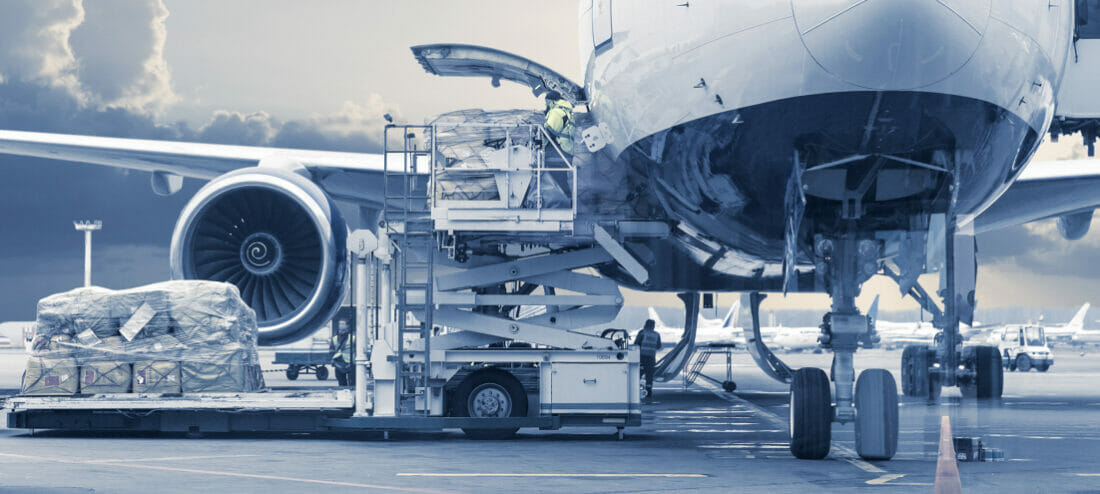Post-Brexit logistics and transportation in the United Kingdom
The United Kingdom’s decision to exit the European Union, widely known as Brexit, has had a significant impact on various sectors of the country, including logistics and transportation, since 2020. But what are the concrete new regulations and challenges that businesses still face when it comes to importing and exporting to and from the United Kingdom?
Brexit and the new transport regulations: an overview
With the UK’s departure from the European Union, many new regulations were introduced, and substantial changes were made in the transportation sector. One of the most significant changes concerned customs procedures. Before Brexit, the UK was part of the EU’s single market and customs union, which meant that the transport of goods between the UK and the EU occurred without the need for complex customs procedures. However, after Brexit, new customs rules, documentation, and border checks were introduced, significantly affecting logistics flows and timelines.
The complexity of post-Brexit logistics: challenges and solutions
Businesses in the logistics sector, as well as others, suddenly found themselves having to adapt their operations to the new import/export regulations imposed by Brexit.
Delays in transportation, additional costs, and administrative complexities were just some of the side effects of this maneuver. Border delays, for instance, became one of the most pressing issues, causing long truck queues and disruptions in the supply chain. Furthermore, businesses had to navigate new import and export procedures and comply with health and phytosanitary regulations.
During this period, CTI consultancy played a fundamental role in helping companies navigate through these diverse complexities, both from a logistical and administrative perspective, providing comprehensive support to ensure full transport compliance.
Transportation in England: the impact of Brexit on trade routes
Brexit directly impacted trade routes in the UK and consequently its four constituent nations: England, Scotland, Wales, and Northern Ireland.
England, for example, has been a gateway to and from the EU for centuries, but in this context, many companies had to reconsider and adapt their transportation routes due to new regulations and ongoing disruptions caused by changes in customs procedures.
The primary goal of the transportation sector remained to minimize delays and ensure efficient delivery of goods, with flexibility and adaptability becoming crucial characteristics in this continuously evolving landscape, even though more than three years have passed.
The key role of freight brokers in the post-Brexit era
In the post-Brexit era, freight brokers, professionals, or companies specialized in facilitating and managing the organization and execution of transportation and shipment operations, have taken on a crucial role in supporting businesses facing the new challenges imposed on the logistics and transportation sector.
In this context, CTI acts as a trusted partner for all forwarding, logistics, and customer support activities, both for import and export operations to and from the United Kingdom. Our experts work closely with companies to plan efficient routes, manage customs procedures, and ensure timely delivery of goods, offering comprehensive support in the management of post-Brexit operations.
Do you want to ship to the United Kingdom but don’t know where to start? Don’t hesitate to contact us; we are at your complete disposal!


